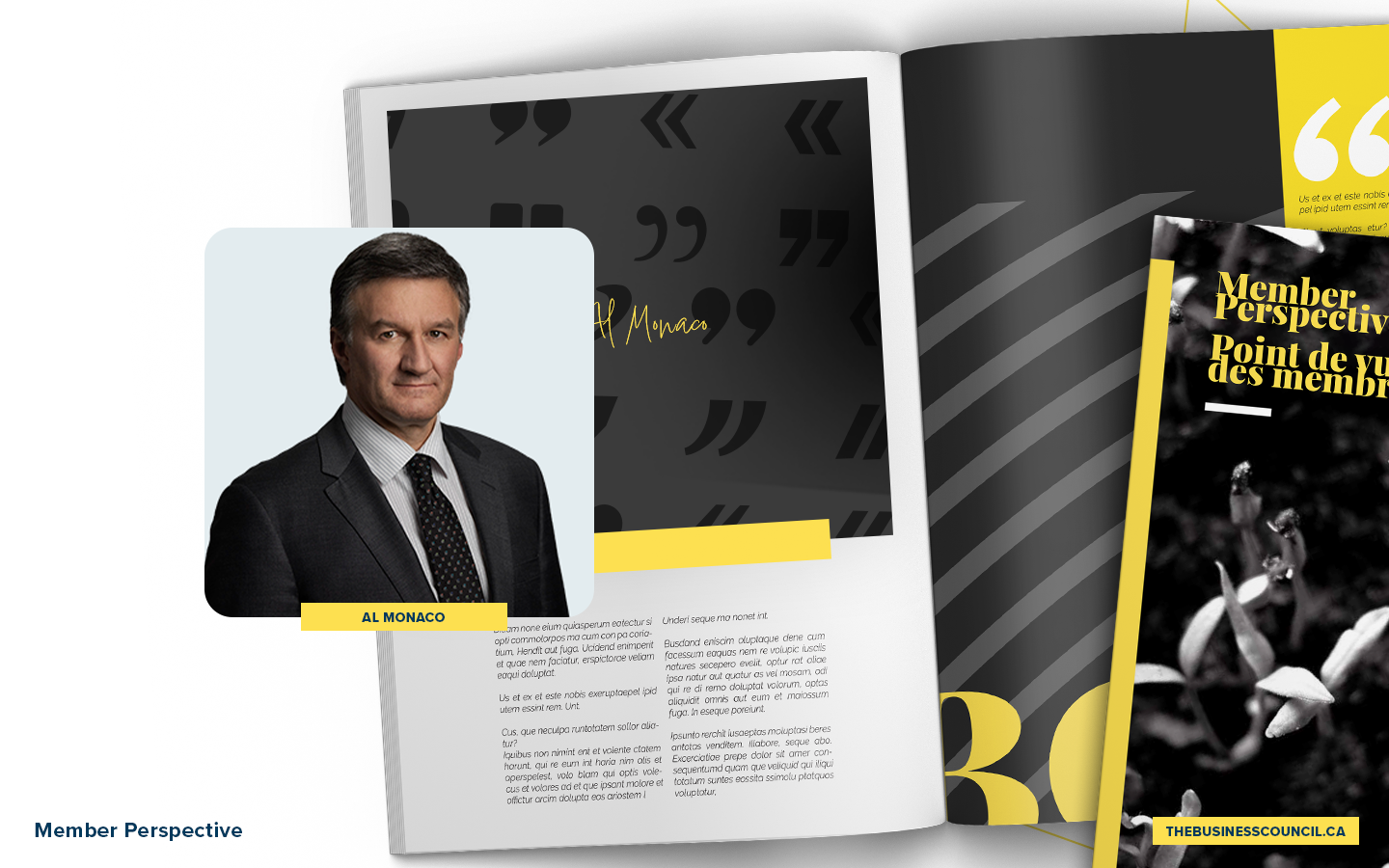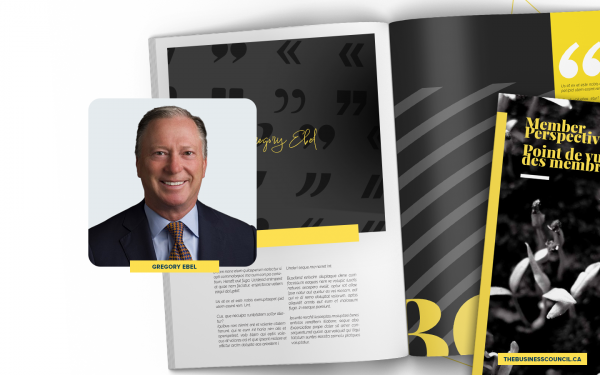It’s time to change our lens on Indigenous reconciliation and accelerate the healing process
From the time when you think you understand an issue, something happens that immediately sharpens your focus and serves as a catalyst for more action and change. The recent confirmation of the remains of 215 Indigenous children on the site of a residential school in Kamloops is one of those cases.
Our hearts go out to Indigenous peoples across Canada, and especially the families of the missing children and their communities, the survivors, and inter-generational survivors of residential schools. We can’t profess to know the sorrow these people are feeling in the wake of this devastating news, but we can acknowledge it and change our lens.
At a time like this, Indigenous communities need more than kind words from our governments, faith organizations and business leaders. We need to help, not by imposing our ideas on a path forward or an immediate fix to a complex and difficult problem, but in a way that is welcomed by indigenous communities.
For our part at Enbridge, we are reaching out indigenous communities we know well to see how best we can support them in this time of need. They may say no thank you, but we will extend our hand.
One of the ways we can all help is to become more educated about our own history. At Enbridge, we’ve made a commitment to ensure all our employees complete Indigenous cultural awareness training, including our management team and Board of Directors. We’ll build on that foundation by making that training available to non-Indigenous community leaders along our pipeline corridors.
Thanks to the work of the Truth and Reconciliation Commission of Canada, we’ve heard the first-hand accounts and courageous stories of residential school survivors. As Canadians, we all need to read this report and consider it as part of our educational syllabus. As it says in the principles of the report—“All Canadians, as Treaty peoples, share responsibility for establishing and maintaining mutually respectful relationships.” At Enbridge we will encourage our people to review the Truth and Reconciliation report and its recommendations.
More than 150,000 children attended residential schools and estimates of those who did not survive the experience is at least 3,200, according to the Truth and Reconciliation Commission. In the case of the Kamloops school, official records that have come to light so far indicate just 51 deaths, less than 25% of the number uncovered by the recent use of ground-penetrating radar.
The sorrow so many are feeling today is leading to widespread calls for greater accountability and accelerated action on residential schools and reconciliation. With the Kamloops discovery, Canada has reached a tipping point. Clearly, we must now hasten the healing process and take collective action.
Thankfully, the calls to action in the Truth and Reconciliation Commission report provide a framework for the path forward. Reconciliation can only be forged through truth about what Indigenous peoples have endured throughout our history and endure today.
Healing is going to take time, perhaps generations, and it will only be achieved with perseverance and sustained will of all Canadians. It will require the support of individuals of influence, public and private institutions, schools and agencies, and businesses both large and small.
Today, on June 21, as Canadians again mark the rich culture of Indigenous peoples on National Indigenous Peoples Day, let us all reflect on how we, as individuals, can make a difference and commit to action—if only to learn more and open our minds, our eyes and our hearts to the truth.
None of us can undo the past but we can and must move forward together in the spirit of truth and reconciliation.










